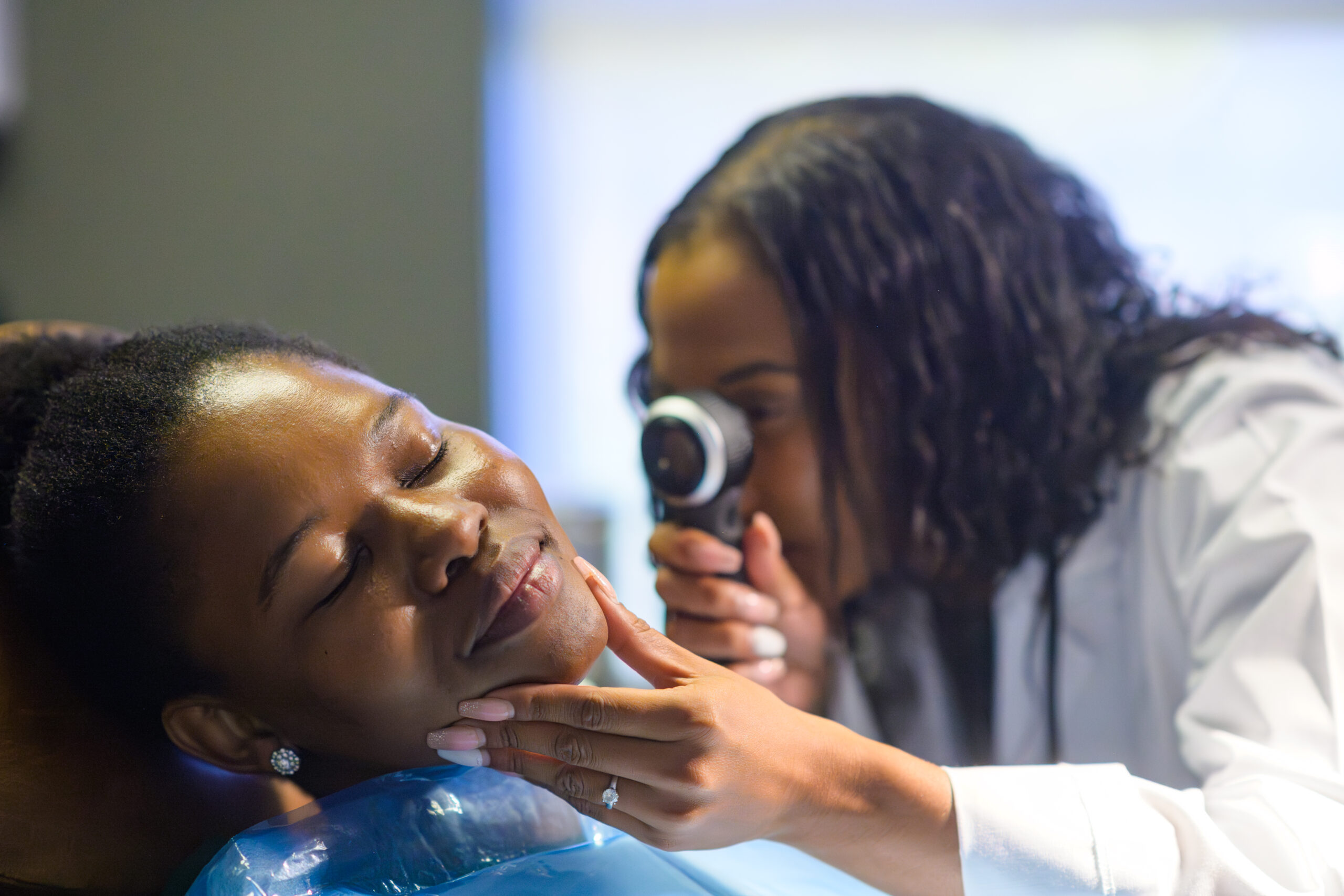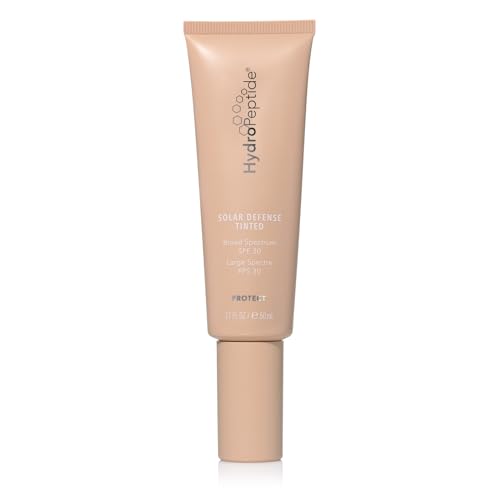Your skin is the largest organ in the human body. It makes up 15% of your body weight, but many people don’t know much about their skin or proper skin care. That’s where dermatologists come in. There are many surprising dermatology facts worth knowing!
Dermatologists are the most highly-trained skin specialists in all of medicine. They know almost everything there is to know about skin, hair, and nails. Dermatologists are your go-to for diagnosing and treating skin problems or skin cancer. They give tips for hydrating skin and prescribe medication to help with hair loss. They build skincare routines for before and after exercise, to protect from sun exposure, and for during pregnancy.
21Ninety spoke with Dr. Joyce Imahiyerobo-Ip, founder of Vibrant Dermatology & Aesthetics, about surprising dermatology facts. Here are surprising and lesser known facts about skin care, specifically for Black women.
What a Black Dermatologist Wants You to Know
21Ninety: As a dermatologist, what is something surprising about the medical profession?
JI: As a dermatologist, I am qualified to do aesthetic treatments. Most people are unaware of this!
21N: What is an area of expertise that clients often do not realize falls under the dermatology umbrella?
JI: We specialize in cosmetic treatments, such as filler, botox, microneedling, hair loss, and laser treatments.
21N: What are some common missteps or mistakes you see clients make regarding skin care and their skin routines?
JI: Less is more! Clients don’t realize that using too many products on your skin (that they may not need) is not helpful. It can have the same negative effects as not using any skin care.
21N: Black men and women do not wear sunscreen regularly. Why might this be problematic for the skin?
JI: Melanated skin only has an SPF of 13. This is not enough to protect the skin from sunburn or sun-related skin cancers such as basal cell carcinoma and squamous cell carcinoma.
Wearing sunscreen can also help with conditions such as hyperpigmentation. Avoid using topical treatments to treat hyperpigmentation but not following up with sunscreen. If you do, there is a high risk that it will not go away. It could worsen over time.
21N: Are there any natural skin remedies that actually work to promote skin, hair, and nail health?
JI: Your diet has a lot to do with the overall health of your skin, hair, and nails. You must eat enough healthy fats, protein, iron, and Vitamins A, E, and D. These help lock in moisture. It can also help promote hair and nail growth.
21N: What is one lesser-known tenet (or basics) required for healthy skin and hair?
JI: It is important to stay hydrated, have a healthy balanced diet, and wear sunscreen every day.
21N: As a dermatologist, what are some of the most surprising things that you have seen from patients?
JI: A patient recently came into the office with an embedded/infected piercing. It needed to be surgically removed!
21N: What is one skin care and haircare must for Black women and other women with melanated skin?
JI: One must-have is a good mineral sunscreen that does not leave a white cast on the skin. My current favorite is the Hydropeptide Solar Dew SPF 30. If you find that your mineral sunscreens frequently leave a white cast, mix it with your daily moisturizer. This will help to eliminate the white residue on the skin.
This article has been edited and condensed for length and clarity.

